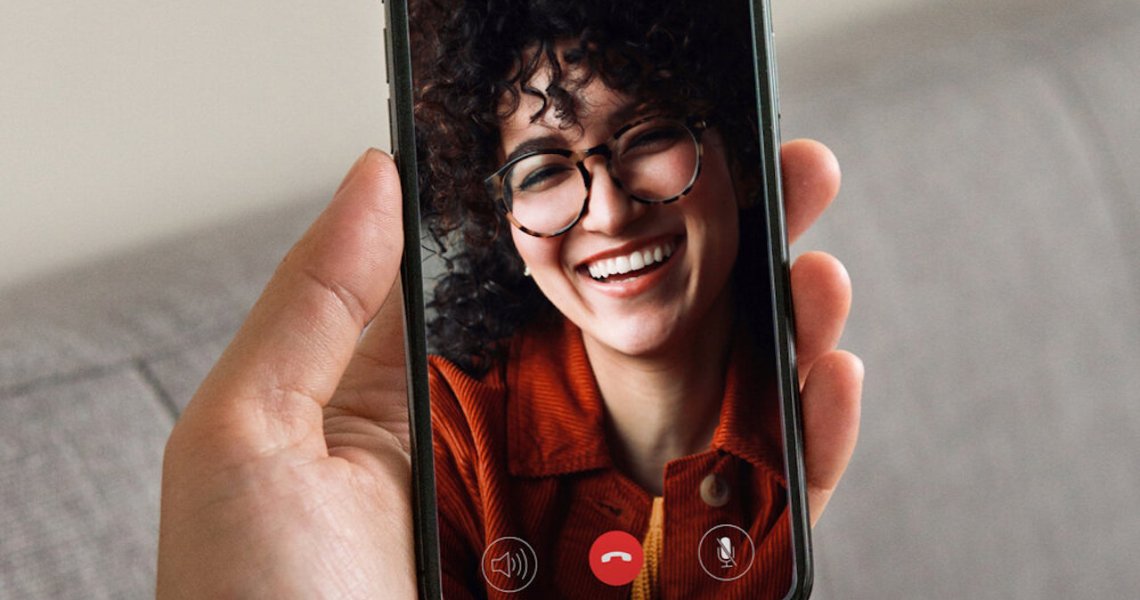Following weeks of stay-at-home orders, businesses at the state level are re-opening under new restrictions, to recover any smattering of sales. But most national beauty and wellness companies understand that shopping behavior has permanently shifted, and if stores swing their doors open too early and without enough caution, customers won’t likely show up.
Lululemon CEO Calvin McDonald announced on April 2 that the company would not open its stores “until it is safe” and promised to pay all employees until June 1, even if its locations remain closed through the end of May. Around the time of that decision, the company was able to free up mindshare to truly focus on digital and souped-up customer service: it quietly launched its Digital Educator program that popped up online at the end of March. Deciem CEO and co-founder Nicola Kilner followed a similar mantra, making no layoffs or furloughs to its roughly 300-person store staff, and moving with the virtual tide rather than waiting to see what stores will look like at a later date.
Lululemon’s Digital Educator program allows customers to book 15- and 30-minute one-on-one appointments with an associate via Zoom or FaceTime. Appointments can be results-oriented, like finding the perfect fit for a sports bra, or more open-ended, allowing for product discovery. What started with just two staff Digital Educators at the end of March has swelled to just under 100 presently, said Celeste Burgoyne, Lululemon evp of Americas and global guest innovation. (These were sales associates who expressed an interest in digital onboarding, she said.) Thus far, the company has been conducting about 300 appointments a week, and Burgoyne expects to see consultations increase to 2,000-3,000 a week with a super-charged staff.
“Omnichannel was about combining the physical and digital worlds, but now that digital is the channel at the center of it all, it needs to be thought of that way. We needed to reproduce store innovation for this environment,” said Burgoyne.
Kilner agreed. Last week, Deciem launched its Deciem At Home program in which its store team provides digital consultations through its website. The offering was designed as a way for Deciem’s staff to offer product recommendations and ingredient suggestions after peering at a customer’s skin, as well as the products on their vanity. The program has had its share of Wi-Fi glitches, and only 200 appointments with video were conducted in the first week across 200 company staffers. However 20,000 total consultations were conducted through phone and text.
Certain versions of virtual consultations are not new, such as chatbots, quiz results and, in today’s new normal, Instagram Live. But leveraging staff without pitching a hard sell is.
“This is not a conversion or a sales play at all,” said Kilner. “There is such an appetite for skin care and our products and ingredients, and suddenly, over 200 [Deciem employees] with a huge source of knowledge were bored and wanted to do something to keep working and educating.”
Still, Deciem, is the No. 1 skin-care brand at Ulta, according to industry sources. The company only said its within the “Ulta’s top brands,” and has seen 106% weekly sales growth since Covid-19 shutdowns on Ulta.com.
Kilner said the company is looking at the opportunity to staff stores (under social distancing guidelines) and offer video consultations from there, so customers can get a feel for locations and also see associates swatch products. Consultations would act as a solve for customers not yet comfortable to shop physical spaces and also engage customers where there isn’t a Deciem store. The company has 35 of its owned locations globally.
“We’re hearing that restrictions [across North America] will be lifted quite soon because certain economies need that, but we have to make our own decisions around if we feel it is right to reopen,” she said. “There is quite a lot of anxiety right now, and we don’t know when customers are going to feel safe. That could be one or two years from now. We trying to prepare for that behavior change.”
For Lululemon, a version of its Digital Educator program ran during the 2019 holiday season with a two-person staff. Initially, it was to be executed only during key sales periods. Burgoyne stressed that the initiative is about engagement-building, which is why it hasn’t been promoted on social media or on Lululemon’s homepage. Customers have had to play around with the brand site to discover the offering or find out about it via word-of-mouth, said Burgoyne. Moreover, while sales associates can help with purchases at the end of a virtual appointment, Lululemon is not beholden to that, she said.
“We see this as a chance to build relationships, not just about buying. Some guests have booked multiple appointments already, and we have already gotten appointment requests based on Mother’s Day gift ideas, much like we did for holiday,” said Burgoyne, who shared the company has seen “healthy conversion rates” through the program.
Lululemon and Deciem have also seen its attempt at superior customer service go beyond what is expected in a DTC sales channel.”It’s not just about learning about products or ingredients for our customers. One conversation was all about what temperature the water should be when washing your face,” said Kilner. “We’re trying to be as open as we can.”




